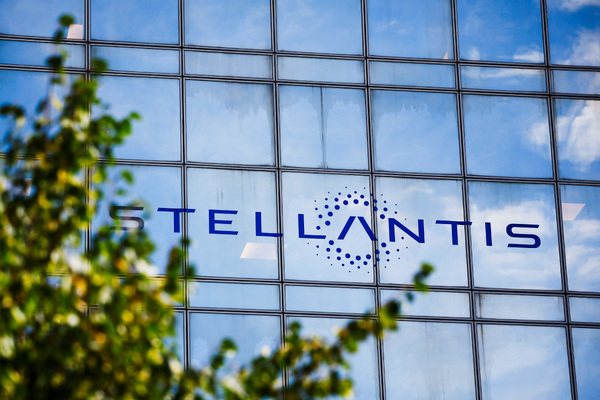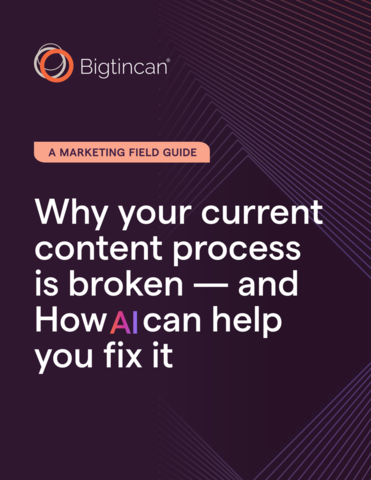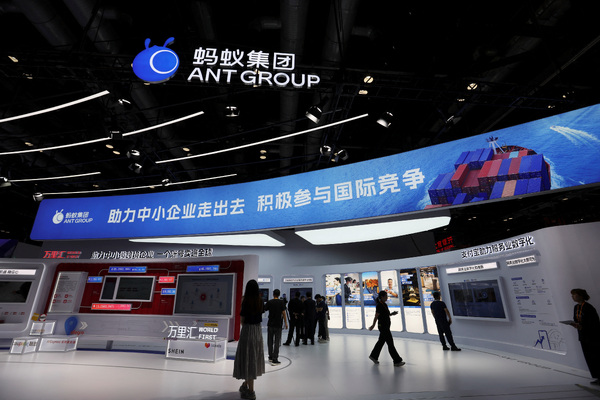Building trust in generative AI

Asa Whillock at Alteryx explains why building trust in AI needs to be a boardroom priority
If 2023 was generative AI’s breakout year, 2024 is set to be the year the technology grows up. Business use cases for generative AI applications – most prominently, large language models (LLMs) – are becoming more understood, and companies across a range of industry verticals are racing to start taking advantage.
And yet, a recent Boston Consulting Group survey of global CEOs found that 66% are ambivalent or outright dissatisfied with their organisation’s progress with embedding AI and generative AI. So, there seems to be a disconnect between appetite versus adoption.
Distrust in the unfamiliar?
Despite this bullish leader sentiment, the success of enterprise generative AI applications depends on employee adoption rates, use cases and willingness to use AI. Essentially, driving AI for all. Addressing this is the key challenge for Line-of-Business leaders.
To buy into AI, employees need to trust it – rooted in familiarity, data access and data literacy. Perhaps most importantly, a businesses employees should be empowered to get the most value from its data. Organisations that keep data and analytics siloed risk AI technology business case use remaining elusive for most employees and its overall impact being underwhelming.
Boardrooms have time to correct this course by accelerating the development of governed data-driven cultures that will forever change how data workers find insights. This will help to ensure ethical data-driven practices, and to empower the individuals who understand the shape of their data best, the domain expert business leaders, explore common and novel business questions through AI. It will further widen access to generative AI applications, while building trust amongst the employee base as AI scales across the business.
The value of generative AI – data democratisation
Data analytics is not new. Businesses, especially those that were early movers to the cloud, have had analysts pulling insights from data workflows for years. Today’s key disruptor is the rapid ascent of generative AI given its clear capacity to transform analytics – reducing time to insight derived from data and lowering barriers to entry for non-technical users to extract value from data.
Replacing code for generative AI applications that use natural language prompts grants business experts with domain specific context the autonomy to execute data-led analysis by simply asking the right questions. With a basic level of upskilling, these decision makers can use these applications to build and automate processes tailored to their specific needs and workflows. Pulling together large reports and analysis in minutes is made possible from accelerated data collection and interpretation.
Such use cases demonstrate generative AI’s transformative potential and help lift the mystical fog around AI, so its benefits are crystalised for more employees to see and trust.
Achieving AI for all
It’s no secret that data-driven intelligence will remain the cornerstone of business decision-making for the foreseeable future. Leaders striving to break free from uncertainty seek accessible technologies that augment their roles and empower them to become nimble and efficient in their day-to-day decision-making.
However, organizations’ challenge lies in navigating the landscape of AI-driven intelligence to ensure everyone can safely deliver business value. IT leaders are already shifting tactics to reflect this accelerated demand for data access for real-time intelligence. How? By prioritizing the technical needs of IT and business needs for data value and modernizing the data management journey to ensure data privacy and governance frameworks are followed.
As with any novel innovation, wise leaders must consider how technology might benefit their people. However, they must also know the inherent risk of using imperfect data to train AI models or bypassing governed analytics processes developed by experts who understand the shape of data.
The first step on this journey is to drive upskilling and learning about the power of data. Developing new pathways to knowledge and insights allows non-technical users to execute analytic workflows and take full advantage of these insight-generating technologies.
Through the inclusion of effective guard rails to include practical checks on data quality, privacy, and governance, organisations will have teams of data-ready humans armed with the business context to the questions and the data skills to train the generative AI to solve their business problems.
Data governance to scale generative AI
A successful symbiosis between data access and AI requires a living and breathing data governance framework for managing, improving, and ensuring data quality. After all, any AI-driven system is only as good as the data it’s trained on. Understanding the provenance, quality and shape of the data that fuels AI is critical to mitigating any material financial impact, potential reputation risks and, of course, the use of confidential data.
With a risk mitigation and compliance approach to your data democratisation and data culture, your AI-enabled workforce will more likely ask the right questions when building a LLM or other generative AI application. Can I use this data to train a LLM? Does this data contain any information that would violate national or global regulations? Consideration of these points, as well as understanding and trusting the analytical methodologies that generate data will further help build trust and acceptance.
Furthermore, organisations may consider appointing a designated data steward to ensure the responsible use of generative AI and build internal trust in the technology. A data steward can be a key link between an overall data supply chain and the internal user community, in addition to the role’s typical responsibilities around data assessment and validation.
Boardrooms need a plan to build internal trust in the rollout of generative AI. Fortunately, they have lots of measures at their disposal. Upskilling employees to truly understand data is critical to realising the value of AI across the enterprise.
Recognising the importance of curated applications, data governance guardrails, and human review are core to mitigating risks while empowering employees to use data responsibly. Getting this right today – while generative AI is still in its relative infancy – is essential.
Asa Whillock is VP and GM of AI and ML at Alteryx
Main image courtesy of iStockPhoto.com

Business Reporter Team
You may also like
Most Viewed
Winston House, 3rd Floor, Units 306-309, 2-4 Dollis Park, London, N3 1HF
23-29 Hendon Lane, London, N3 1RT
020 8349 4363
© 2025, Lyonsdown Limited. Business Reporter® is a registered trademark of Lyonsdown Ltd. VAT registration number: 830519543





